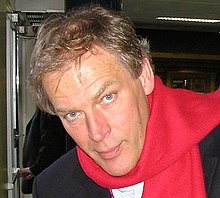| 1972 Winter Olympics medals | |
|---|---|
| Location | Sapporo, |
| Highlights | |
| Most gold medals | |
| Most total medals | |
| Medalling NOCs | 17 |
The 1972 Winter Olympics, officially known as the XI Olympic Winter Games, was a winter multi-sport event held in Sapporo, Japan, from 3 to 13 February 1972. A total of 1,006 athletes representing 35 National Olympic Committees (NOCs) participated in 35 events from 10 different sports and disciplines. [1]
Contents
Seventeen NOCs won at least one medal and fourteen of them collected at least one gold. The Soviet Union finished at the top of the gold and overall medal counts with 8 and 16, respectively. Along with Norway, the Soviet team also won the most silver medals (5). East Germany, which ended the Games behind the Soviet Union with 14 medals, secured the most bronzes (7). The host nation, Japan, won a record total of three medals (one of each color), which included its first Winter Olympics gold medal. [2]
Three NOCs won a single medal: Canada (silver), Poland and Spain (gold). For the last two, these were their first-ever gold medals at the Winter Olympics, [3] and in the case of Spain, it was its first medal. [4] This was Canada's weakest result since the 1936 Winter Olympics, when its athletes also brought home a single silver medal. [5] The NOCs from the Republic of China and the Philippines sent athletes to the Winter Olympics for the first time, but failed to win any medals. [6] [7]




